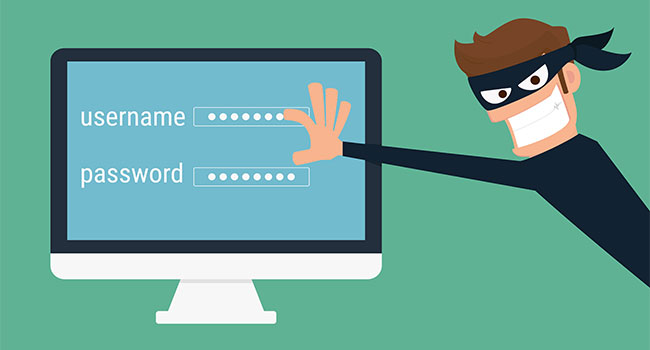
Hackers Stole $172 Billion in 2017
According to a report released by Norton, hackers stole $172 billion from overconfident consumers in 2017.
- By Sydny Shepard
- Jan 25, 2018
Perhaps the worst thing for a consumer to do while they are online is assume their finances are safe. Norton by Symantec's 2017 Norton Cyber Security Insights report found that hackers stole $172 billion from consumers in 2017 and they chalk it all up to overconfidence.
According to the report, cybercrime victims generally are the same: everyday consumers who juggle multiple devices at home or on the go, use similar passwords for all accounts and share personal details online or with others. Norton points out that these victims believe, after they've been stolen from, that they have the ability to protect their data and personal information from future attacks. Thirty-three percent believed they have a low risk of becoming a cybercrime victim.
In the United States alone, 143 million consumers were effected by cybercrime, that's more than half of the U.S. adult online population. These consumers lost a total amount of $19.4 billion with each victim losing an average of nearly 20 hours dealing with the aftermath.
The report showed that many consumers used cybersecurity safety measures like fingerprint ID, two-factor authentication or facial recognition but that they still practiced "poor password hygiene."
"Consumers' actions revealed a dangerous disconnect: Despite a steady stream of cybercrime sprees reported by media, too many people appear to feel invincible and skip taking even basic precautions to protect themselves," said Fran Rosch, executive vice president, Consumer Business Unit, Symantec in a press release. "This disconnect highlights the need for consumer digital safety and the urgency for consumers to get back to basics when it comes to doing their part to prevent cybercrime."
About the Author
Sydny Shepard is the Executive Editor of Campus Security & Life Safety.